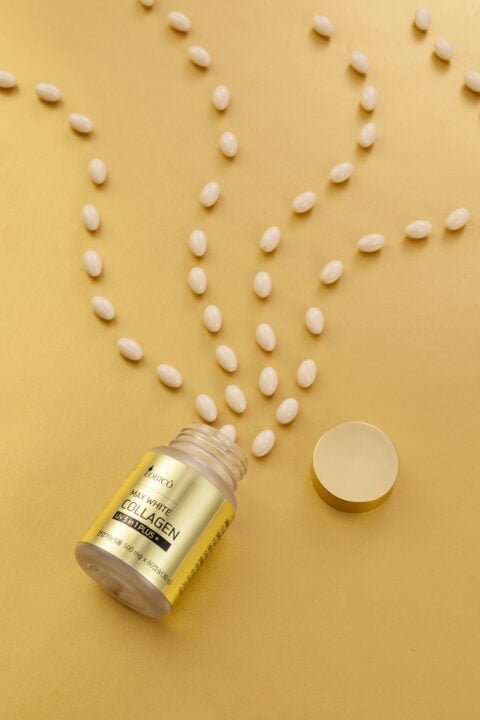This week I had a particularly interesting case, where the main concern for my patient revolved around recurrent migraines. As a nutritional medicine practitioner I know the causes of migraines are often multi-faceted and a deep exploration of all aspects of a patient’s health is required to get to the bottom of things.
So how do we go about investigating and treating the causes of these migraines?
I didn’t give it the credit it deserved when I was a student, but the use of a diet and symptom diary has proven to be one of the most useful tools in my clinical tool belt. The diet diary I equip my patients with is quite comprehensive and is such a fantastic way for patients to ‘check in’ with their body, emotions and mood and take note of any symptoms, however innocuous they may be at the time. Start to ask yourself:
- Do I experience migraines at the same time of day?
- Do they only happen while at work?
- What environment/s am I in when they occur?
- For women, do they appear just before my period?
- What do I usually have to do to relieve them?
I encourage patients to really pay attention to their body by writing things down. Very quickly, patterns emerge that often relate to specific foods, drinks or circumstances in their life, which allows us to work together to address and rectify the situation.
Functional medicine practitioners now understand that a common feature in the genesis of a migraine is the presence of oxidative stress. This is where cells in the body are overcome with the excess production of free radicals or reactive oxygen species (ROS). Many natural or internal processes cause ROS production and as such we have natural antioxidant defence systems with compounds such as Vitamins A, C and E playing major roles in extinguishing ROS. It’s when the balance of ROS exceeds antioxidant production that we see premature cell damage and aging, which manifests in physical symptoms such as fatigue and migraines.
Classic dietary causes of ROS and migraine symptoms are the consumption of processed foods, chemical preservatives, alcohol, char-grilled or barbecued meats, or foods cooked in unstable oils (margarine and vegetable oils) at a very high heat.
From a lifestyle perspective, the negative impacts that long-term emotional, psychological or physical stresses have on the body cannot be overstated. Your body is for the most part, fairly adaptable and will cope with small bursts of stress as it happens in life – rising to the occasion and then convalescing back to a state of health. Under prolonged stress, whether it is from close relationships, your working environment or poor dietary habits, the body’s resources to keep up the fight start to run dry and the biochemical effects of oxidative stress are widely seen in this state.
Here, we stop breathing properly, we forget to drink enough water, we don’t get adequate sun exposure and we fail to nourish our body with protective antioxidant-rich foods.
So what are some every day ways you can avoid excess ROS production, increase your antioxidant defences and ultimately rid yourself of migraines altogether:
- Avoid packaged, highly processed foods, preservatives, additives, added sugar or artificial sweeteners
- Source fresh organic, seasonal fruits and vegetables free of chemical pesticides
- Eat plenty of rainbow coloured plant-foods (fruits, vegetables, legumes, nuts, seeds). These foods have a variety of antioxidants, quenching the impacts of oxidative cellular stress.
- Support your Vitamin D status by ensuring you get 10 mins of sun exposure per day. Vitamin D is an essential anti-inflammatory nutrient (in fact it is a hormone!) and brief exposure onto the arms is fine, just remember to take care during the peak UV periods in your time zone
- Remember to breathe! This seems obvious, and we hear it all the time! But biochemically speaking, breathing (especially exhaling fully) assists in the lung’s role of maintaining blood pH which is affected by high ROS levels






